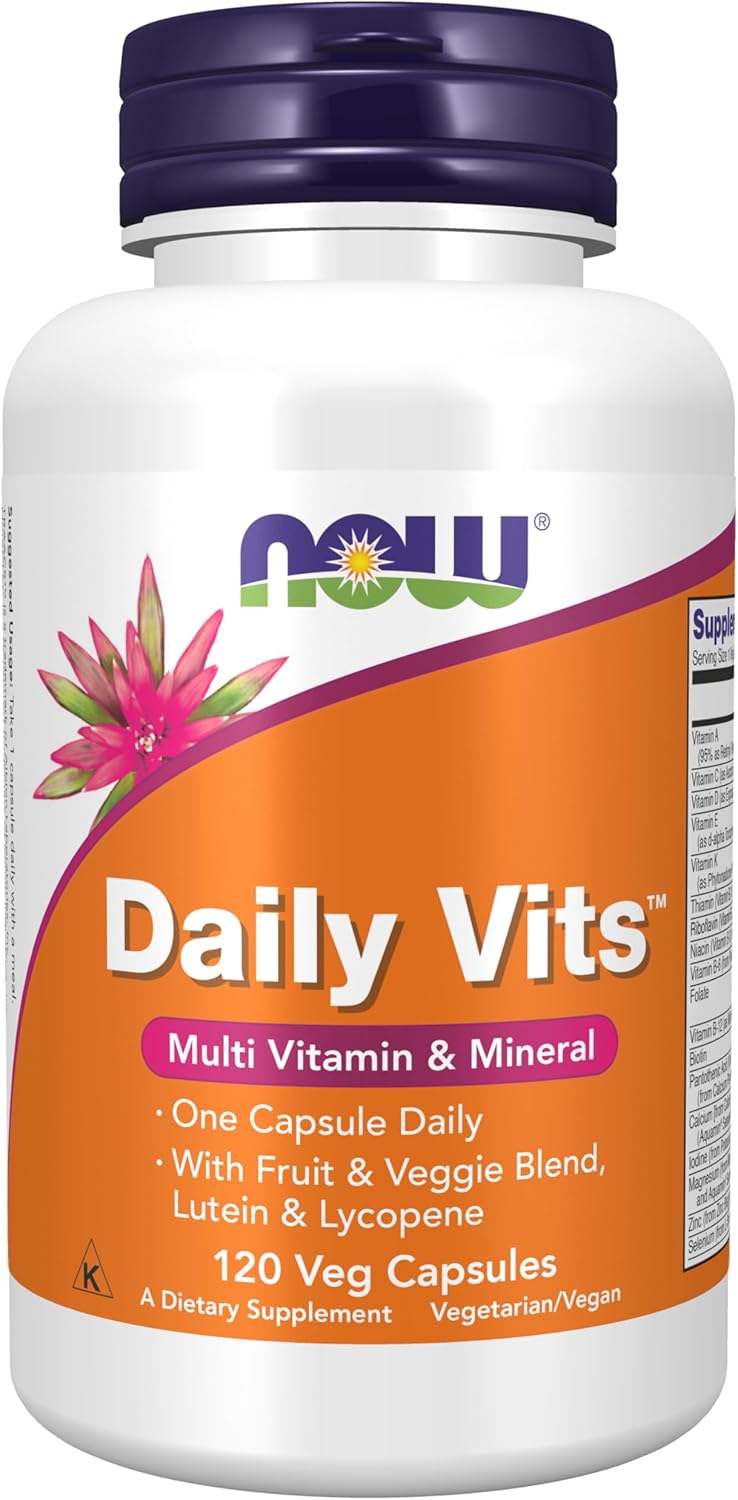Antioxidant Vitamins C
Antioxidant Vitamins C is a powerful antioxidant that helps protect cells from damage caused by free radicals, which are unstable molecules that can damage cells and contribute to aging and diseases. Some benefits of Antioxidant Vitamins C include:
Key benefits:
- Boosts immune system.
Vitamin C plays a crucial role in the production of white blood cells, which helps to fight off infections and diseases. - Reduces oxidative stress.
Vitamin C helps to neutralize free radicals, which can damage cells and contribute to aging and diseases. - Supports collagen production.
Vitamin C is necessary for the production of collagen, a protein that gives structure to skin, bones, and connective tissue.
Effectiveness and Risk Overview
Condition | Effectiveness | Details |
|---|---|---|
| Oxidative Stress | Vitamin C is a well-established antioxidant that neutralizes free radicals, reducing oxidative stress. Numerous studies and meta-analyses support its efficacy. | |
| Antioxidant Activity | Vitamin C is a potent antioxidant that contributes to overall antioxidant activity in the body, protecting against oxidative damage. The evidence is strong and well-documented. | |
| Iron Deficiency Anemia | Vitamin C enhances iron absorption, particularly non-heme iron, thereby helping to prevent or treat iron deficiency anemia. This is supported by multiple clinical studies. | |
| Skin Aging | Vitamin C is important for collagen synthesis and has antioxidant properties that can help reduce signs of skin aging. Evidence from clinical studies supports its beneficial effects. | |
| Common Cold | Vitamin C supplementation has been shown to reduce the incidence and severity of the common cold in several clinical trials and meta-analyses. | |
| Eye Health | Vitamin C is important for eye health and may reduce the risk of age-related macular degeneration and cataracts. Epidemiological studies and some clinical trials support this. | |
| Causes kidney stones. | High doses of Vitamin C can increase the risk of developing kidney stones, as it can increase the concentration of oxalate in the urine. | |
| Interferes with copper absorption. | Vitamin C can interfere with the absorption of copper, an essential mineral, which can lead to copper deficiency over time. |
